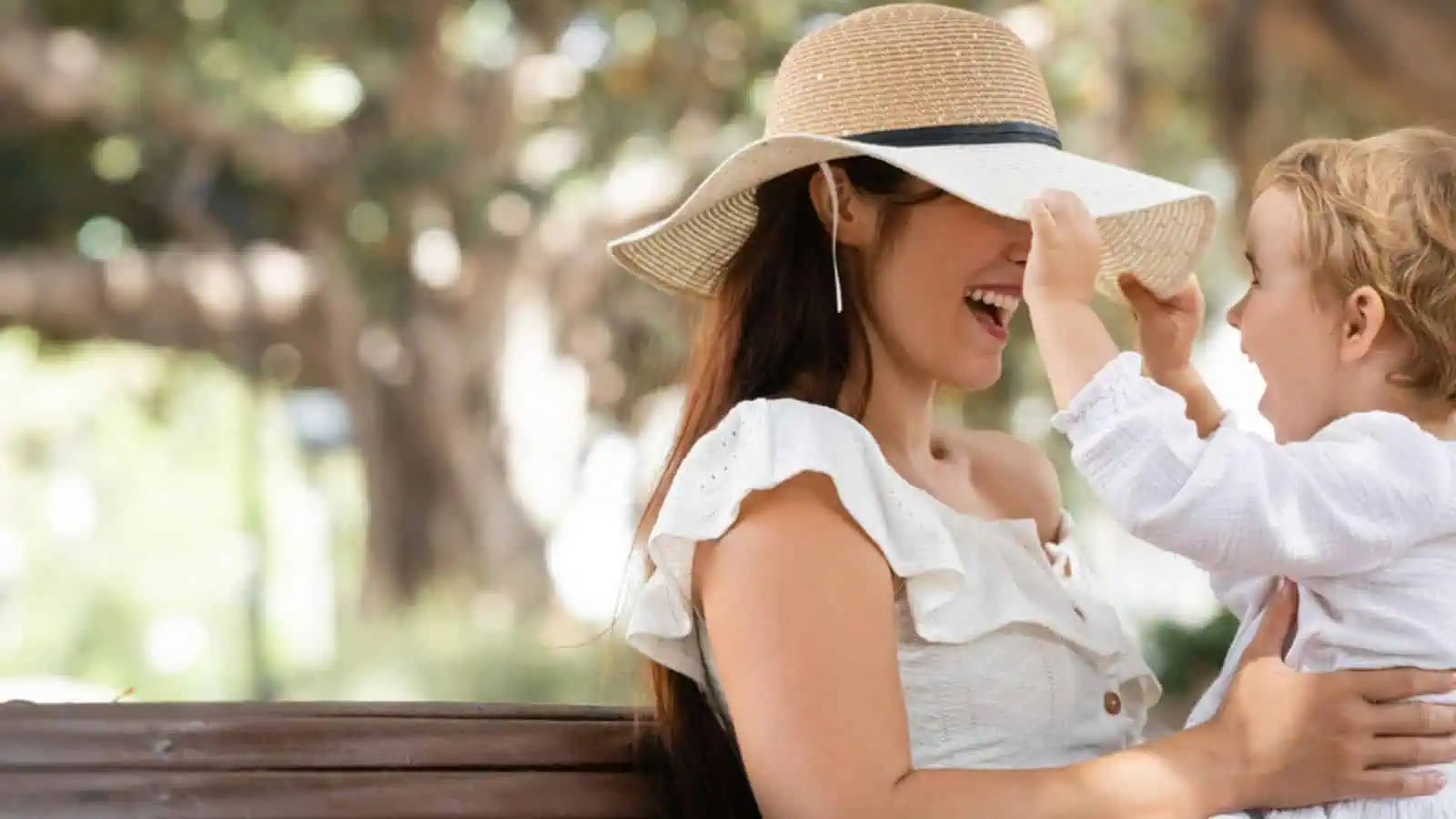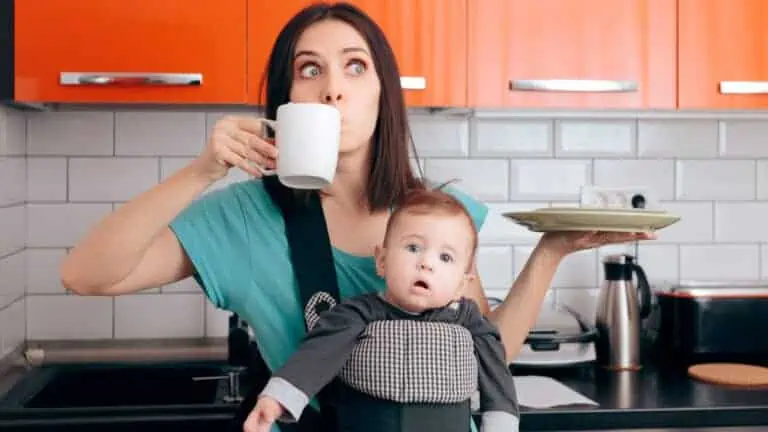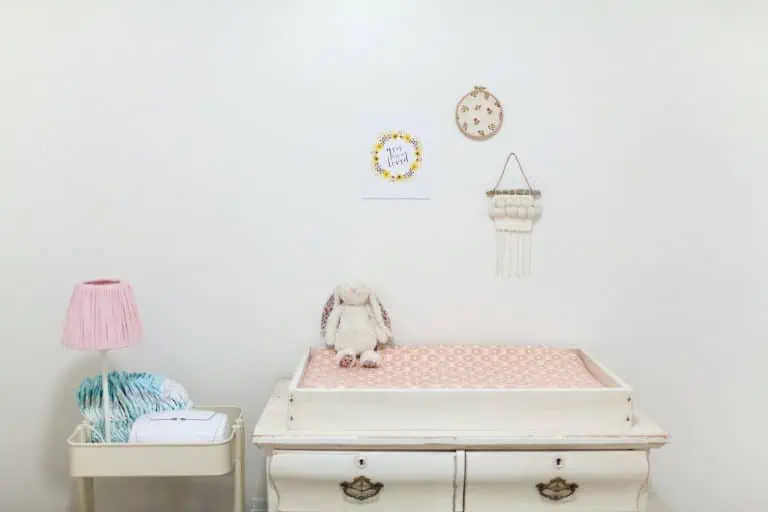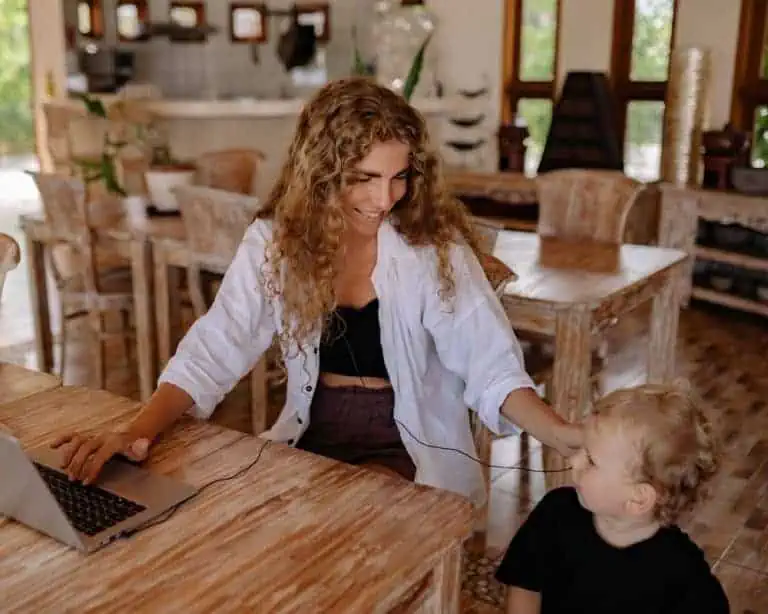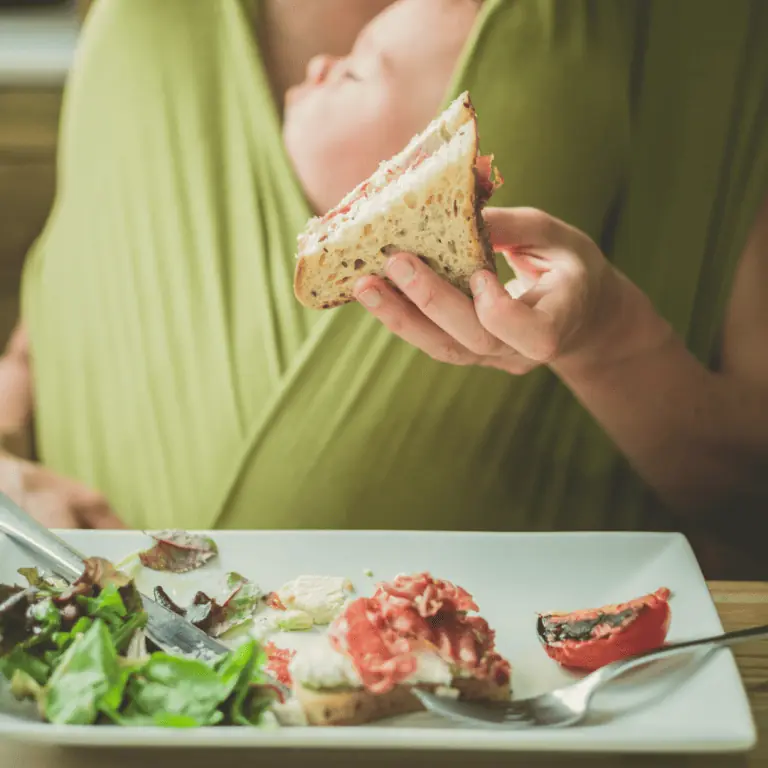12 Habits European Parents Don’t Practice to Encourage Happy Healthy Kids
This post may contain affiliate links. As an Amazon Associate, I earn from qualifying purchases.
Every parent dreams of raising a happy and healthy child, but achieving that is not as easy as the parenting books may make it sound. We are constantly bombarded with advice on how to raise our children—from well-meaning relatives to experts on TV shows.
Looking at the happiest kids in the world and how their parents raise them can give a clue about what’s working best. And Europe is definitely at the top of the list for happy and healthy kids.
A 2020 Unicef report listed children in the Netherlands as the happiest kids in the world, based on factors like mental well-being, life satisfaction, and physical health. The following 18 countries on the list are also European. What do these European parents do that makes the kids so healthy? Or, in this case, what do they not do?
1. Avoiding Discussing Hard Subjects

Children have hard, uncomfortable questions that need answers. Getting these answers is one way to grow up happy and healthy (rather than being blown off). European parents are not afraid to have these difficult conversations with their children. They understand the importance of open and honest communication in a child’s development.
The parents confessed to never shying away from subjects such as sexuality and other controversial topics. They believe that by openly discussing these topics, they can educate their children and help them make informed decisions in the future. This approach also fosters a strong bond of trust between parents and children.
2. Not Accepting Their Children For Who They Are
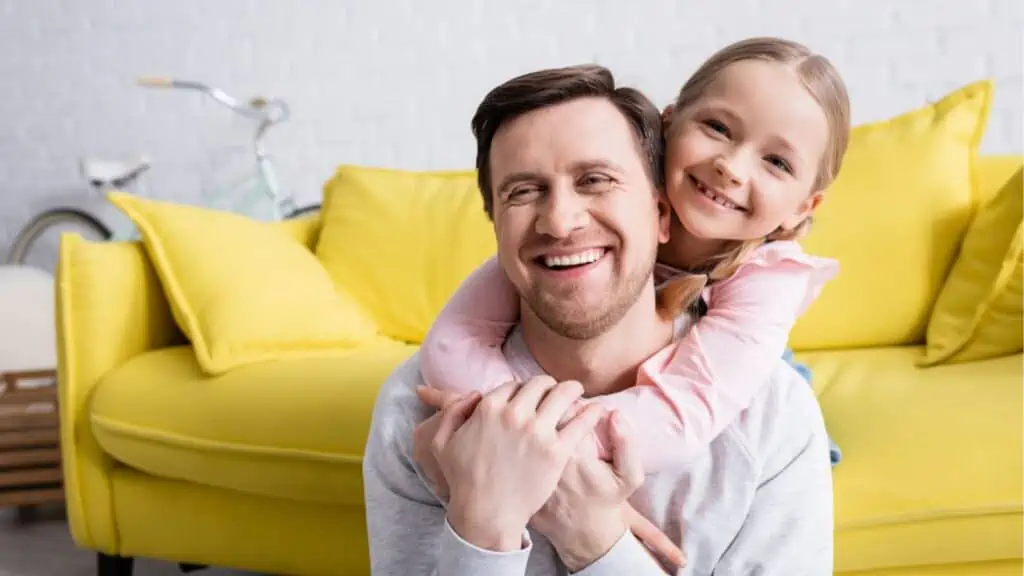
Children should not grow up feeling like they’re not enough, especially from their parents. Raising a healthy child means recognizing and embracing them for who they truly are. This creates well-balanced, happy children and eventually adults.
European parents understand the importance of accepting their children for who they are, even if it means challenging societal norms and expectations.
3. Not Involving Them in Decision Making

It’s tempting for parents to imagine their children have no part in family decision-making, but some European parents have discovered otherwise. To raise happy and healthy babies, ask for their opinion on the family decisions and make them feel valued.
It’s a great way to build their self-esteem and confidence and teach them responsibility. Dutch Psychologist Veronique van Der Kleij emphasizes authoritative parenting, which focuses on collaboration with kids to set expectations, daily routines, and rules. This is key to a healthy parent-child relationship and a thriving child.
4. Not Letting Them Set Their Own Boundaries
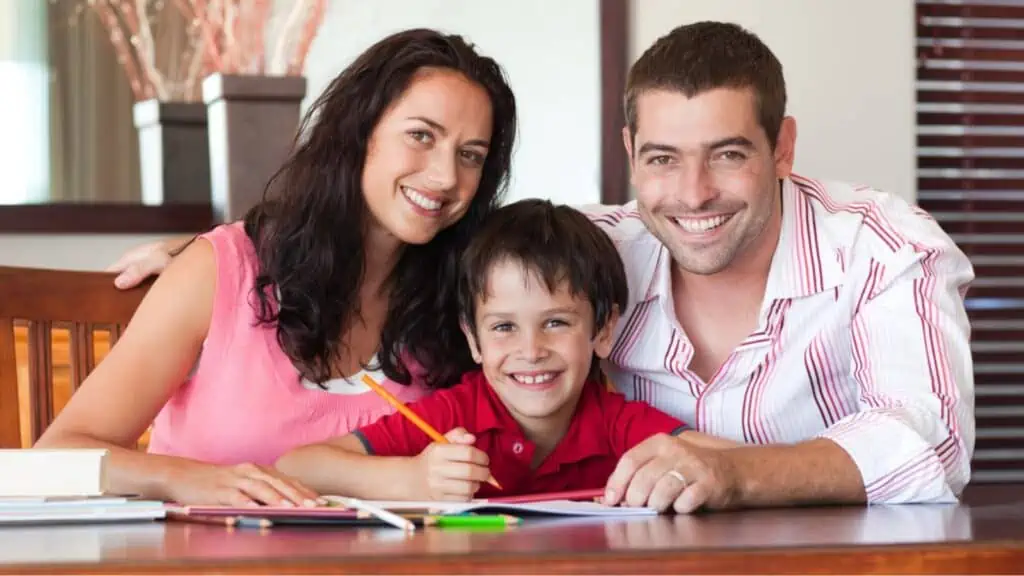
As parents, we love to set boundaries for our children and expect them to follow them. However, children can also help set their own boundaries. This teaches them self-awareness, self-care, and respect for their own needs.
European parents prioritize teaching their children how to set healthy boundaries for themselves.
5. Missing Meals as a Family Unit
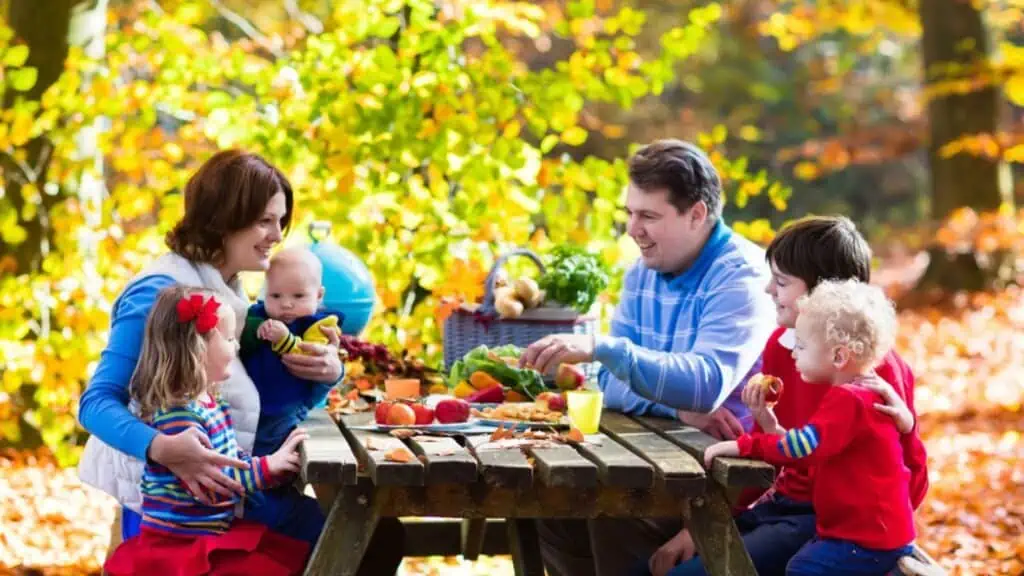
A special bond is created between parents and children when they share a meal. This precious family time gets neglected and lost as parents chase the bag in today’s fast-paced world.
If you want happy kids, spend at least one meal together and discover what’s happening in their lives. The extra connection and support you give them is priceless.
While not all meals can be shared, many European parents prioritize family meals as a way to stay connected.
6. Not Having a Work-Life Balance
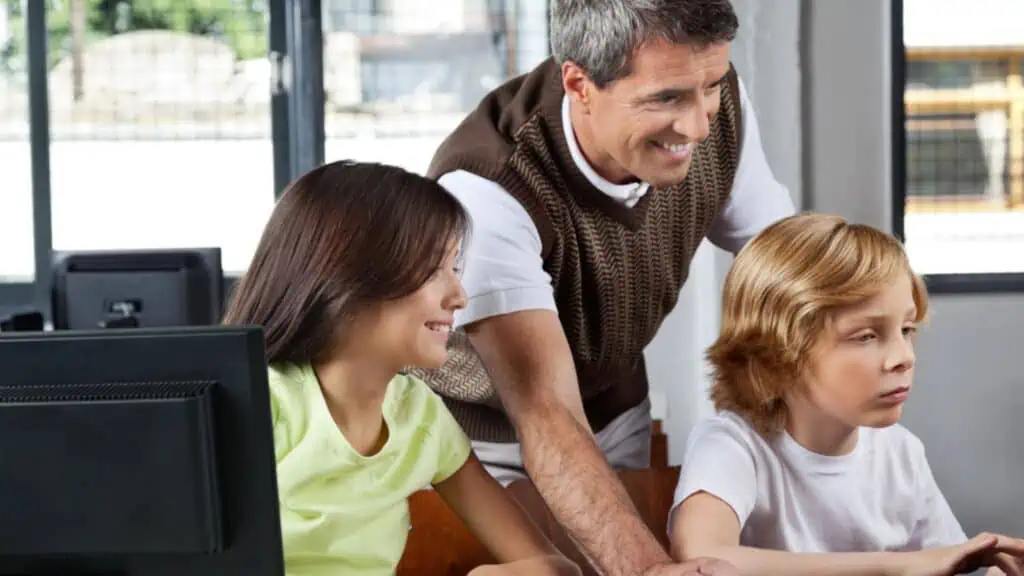
Striking a balance between work and parenting is still elusive for many parents, but it’s necessary and crucial for raising healthy children.
Europeans value having a balanced life, and Dutch parents, in particular, prioritize not dedicating too much of their daily and weekly hours to work. This allows them to have quality time with their children and be present in their lives.
7. Helicopter Parenting

You may think hovering over your children shows you care a lot, but it prevents them from becoming independent and responsible.
Loosening the reigns on the child will benefit both of you. The parent gets to relax, and the child learns by making mistakes but trusting that the parents are always nearby to help when needed.
A common sight at European parks and other public places is children playing independently or with their friends while their parents sit back and observe from a distance.
8. Not Allowing Kids to Explore
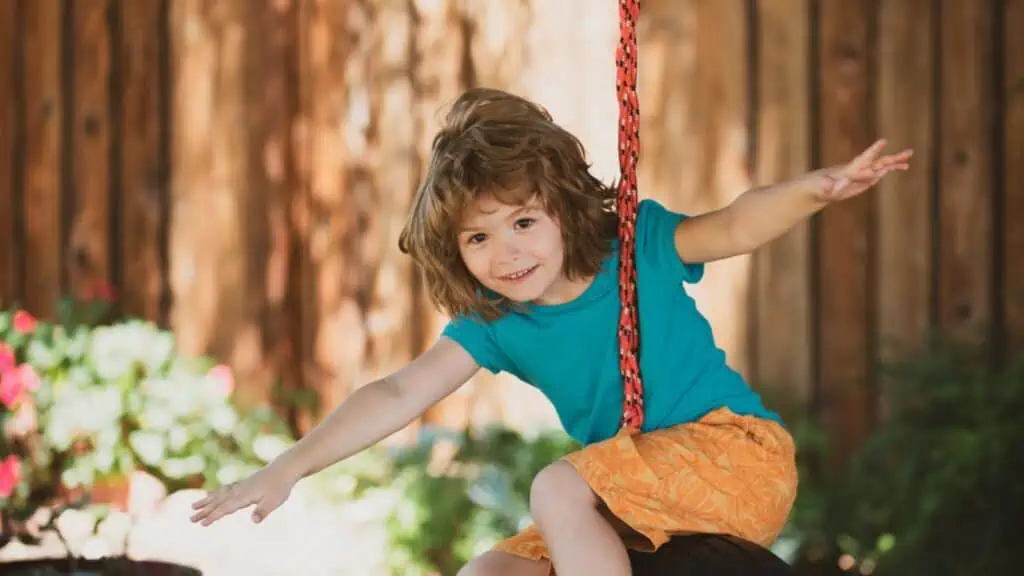
Protecting our children from getting hurt and putting them in a sanitized vacuum doesn’t create a happy, healthy child. Instead, it produces a child who is afraid of exploration and a perpetually anxious parent.
Europeans have produced some of the happiest kids by allowing them to play, explore unaided, and get up when they get hurt.
9. Driving Everywhere

The Dutch are most famous for cycling everywhere, and this simple cultural practice has helped produce some of the most resilient and happy children. Other European countries and cities are also designed to be biker and pedestrian-friendly, allowing children the freedom to explore their neighborhoods safely.
Not relying on cars for transportation also helps create a more environmentally-conscious future generation. European parents prioritize walking or cycling with their children instead of driving everywhere, promoting physical activity and sustainable living.
10. Always Getting in the Last Word
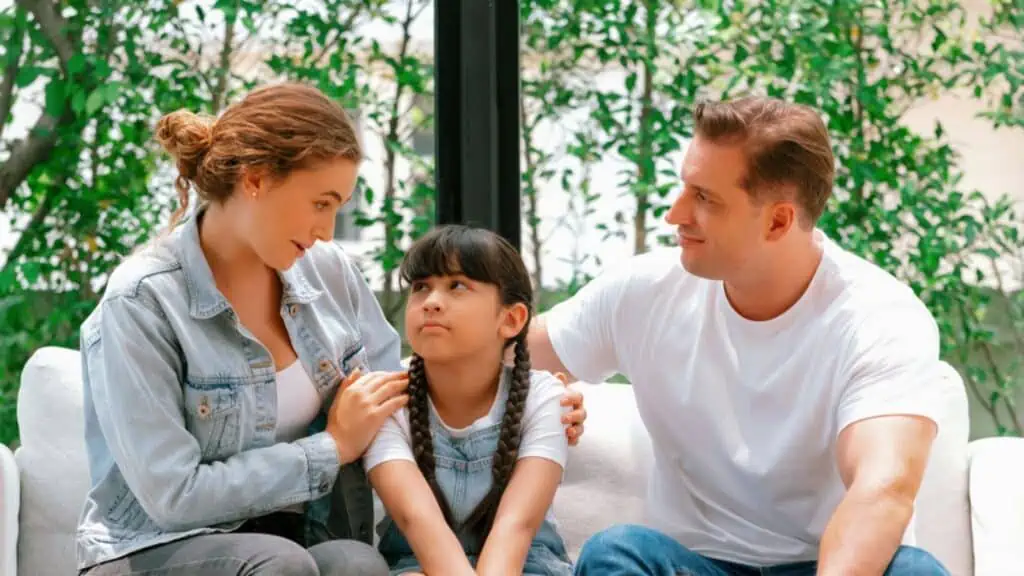
European parents understand the importance of listening to their children and valuing their opinions. Instead of always trying to have the last word, they encourage open communication and dialogue with their kids. This helps foster a strong relationship built on trust and mutual respect.
Parents have opinions and experiences, but so do their children. European parents recognize the value of listening to their children’s thoughts and ideas, even if they may not always agree with them- and that their word is not the final say.
11. Putting Pressure on Academics
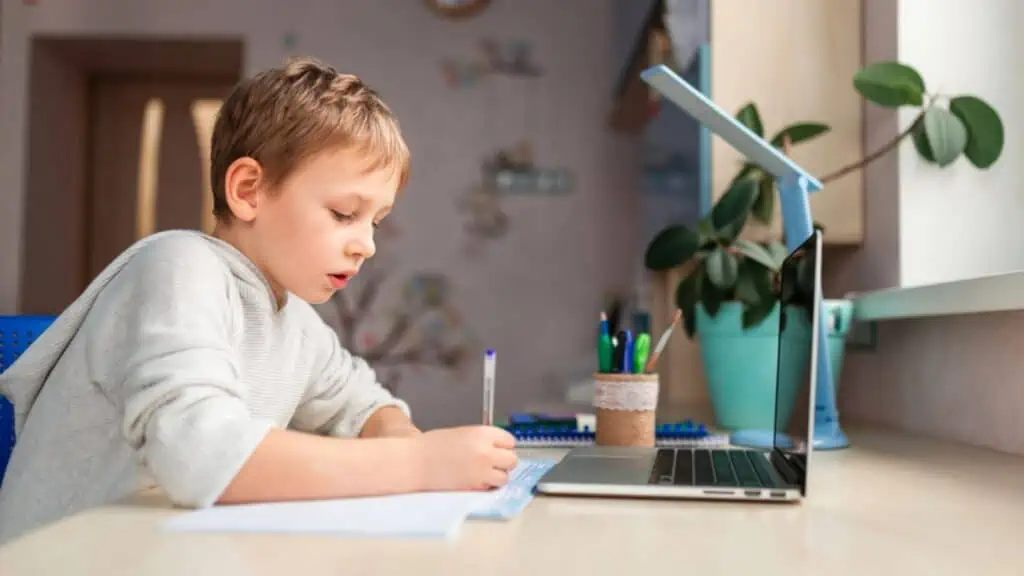
While education is important, European parents don’t put excessive pressure on their children to excel academically. They understand that every child has different talents and strengths and encourage their children to explore and develop them. This removes the focus from performance-based success and promotes a well-rounded, happy child.
Many European countries’ education systems do not prioritize standardized testing and learning that compares peers to each other. Instead, children are encouraged to think critically and creatively, fostering a love for learning rather than just achieving high grades.
12. Accepting Life at Hyperspeed

Parents can easily get caught up in the constant productivity and achievement race, shuttling their kids around to important extracurricular activities. European parents value the importance of unstructured play time, slowing down, and enjoying simple moments with their children, whether at a family meal or spending time outdoors.
They prioritize quality over quantity regarding time spent with their children and understand the importance of creating lasting memories and bonds. This also teaches children to value and appreciate the little moments in life rather than constantly striving for more.
20 Hurtful Words Parents Often Say That Affect a Child’s Development
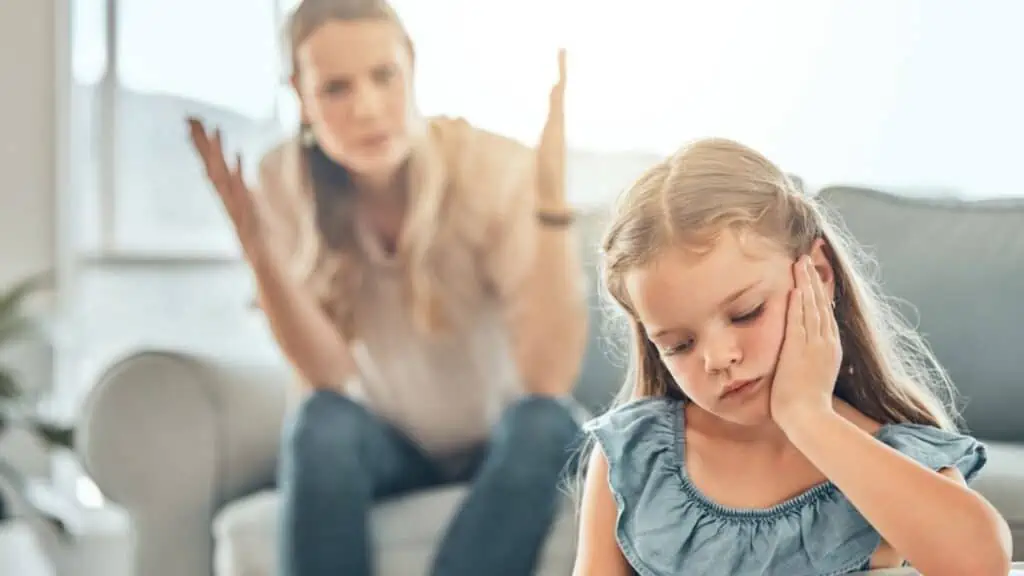
Countless adults sitting in a therapist’s office today are grappling with the lasting impact of words spoken by their parents during childhood. Regardless of how you perceive yourself, in your child’s eyes, you are nothing short of the most remarkable thing to happen to them since “skip intro.” This underscores the critical importance of being mindful of what you say to your children, as your words become the small but influential voice in their developing minds.
20 Hurtful Words Parents Often Say That Affect a Child’s Development
28 Funny and Classic Dad Jokes That Never Get Old

These are the classic “dad jokes” – those affectionately cheesy, sometimes cringe-worthy, and occasionally groan-inducing quips that fathers seem to delight in sharing with their children on a never-ending loop.

